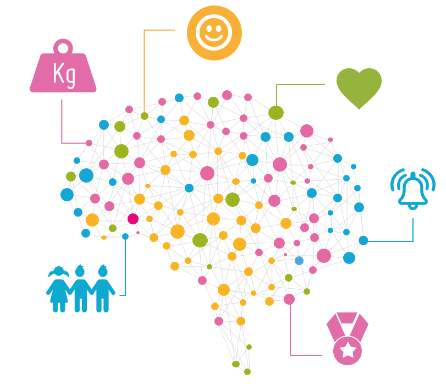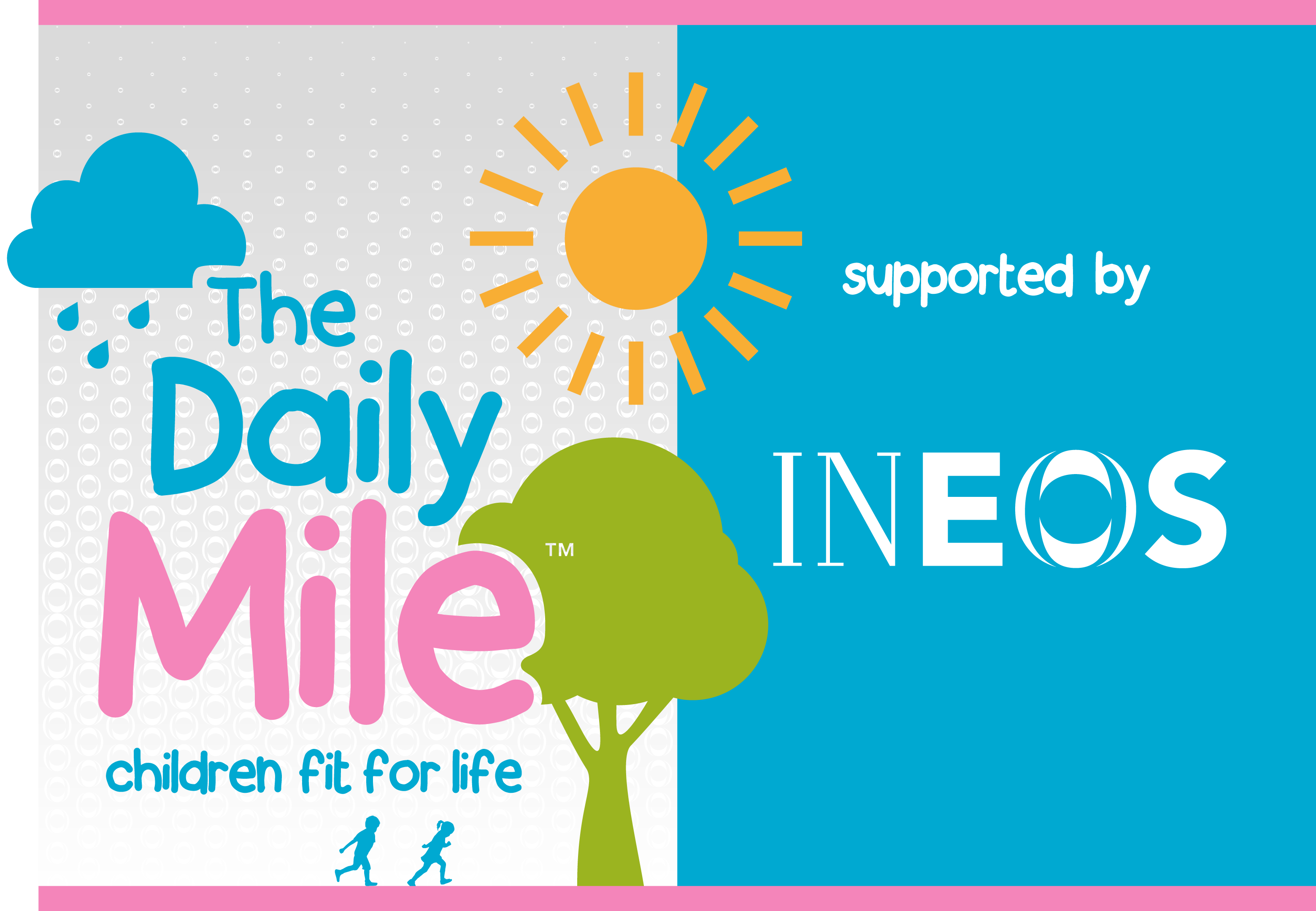Research
We all know ‘exercise is good for you’, and The Daily Mile is no exception. There are a wide variety of health and wellbeing benefits associated with daily physical activity. To further understand the impact of The Daily Mile on children, see below published research surrounding the initiative.
Read on below
The Science behind The Daily Mile
The Daily Mile makes primary school children more active, less sedentary and improves their fitness and body composition: a quasi-experimental pilot study
(BMC Medicine Journal 10.05.18)
Research carried out by the Universities of Stirling and Edinburgh has concluded that The Daily Mile is an “effective intervention” and has measurable positive health outcomes in physical activity, sedentary behaviour, fitness and body composition of primary school children… [Read more]
Dr Naomi Brooks, University of Stirling: “This data is consistent with what we would expect to find in children who had been doing The Daily Mile for 4 years, though there are many factors which contribute to body composition and fitness. It also fits with our published results – a 4% reduction in skinfolds measured in children after doing The Daily Mile for 7 months. Summary of Findings


Physical Inactivity and Mental Health in Late Adolescence
(JAMA Psychiatry Journal June 2018)
Dr Mark Beauchamp, School of Kinesiology at the University of British Columbia, explores the effects of The Daily Mile, and other physical activity implementations of a similar nature, on physical inactivity and aspects of mental health, such as depression and anxiety, on adolescents… [Read more]

Motivating Miles: Reflections on why The Daily Mile might be tapping into children’s natural motivation
(University of Bristol, Policy Studies blog 05.06.18)
Dr Simon Sebire, Centre for Exercise, Nutrition and Health Sciences at the University of Bristol, reflects on the success of the physical activity initiative, The Daily Mile. Using a psychological framework called Self-Determination Theory (SDT), he discusses SDT’s core principles of Autonomy, Belonging and Competence (A, B, C) … [Read more]
![]()
How does exercise affect my brain?
(BBC Learning’s Terrific Scientific 2018)
Research carried out by the Universities of Stirling and Edinburgh has found that 15 minutes of self-paced exercise can significantly improve a child’s mood, attention and memory – enhancing their ability to learn… [Read more]



Young at heart: Why children who exercise become healthier adults
(The Guardian Health & Wellbeing 28.08.17)
New research suggests childhood exercise has a protective effect on health in later years, as well as improving brain power – even in inactive grown-ups… [Read more]
The Coppermile Evaluation Report
(Fitmedia Fitness in association with London Playing Fields Foundation 2016)
Learn how The Daily Mile can significantly improve the physical, mental, social and emotional health and well-being of nursery and primary-aged children in the Coppermile Evaluation… [Read more]


Our Research Partners
BASRaT, the British Association of Sport and Rehabilitators and Trainers, are working with The Daily Mile Foundation to help us evaluate the physical, mental, social and emotional impact of doing The Daily Mile.
100 Million Healthier Lives is an unprecedented collaboration of change agents across all sectors, who are pursuing an unprecedented result. Through creating a community of solutions, which The Daily Mile is proudly part of, they hope to achieve their mission of ‘100 million people living healthier lives by 2020’.
Contact Us
If you’re conducting research on The Daily Mile initiative, we’d like to know! Please contact us via. the button below.
There is no silver bullet in turning the tide on obesity, but in my view The Daily Mile is a key part of a whole systems approach to tackling the epidemic. It ingrains a lifelong habit in our kids of taking regular physical activity; and regular physical activity in childhood is a completely separate risk factor for future heart disease in adults.
Danny Ruta, Director of Public Health for NHS Lewisham





